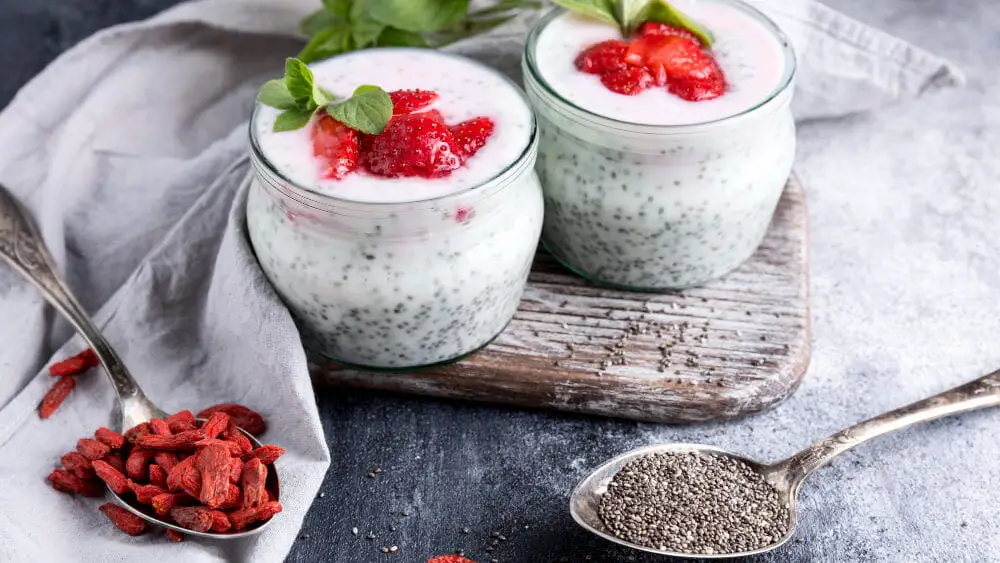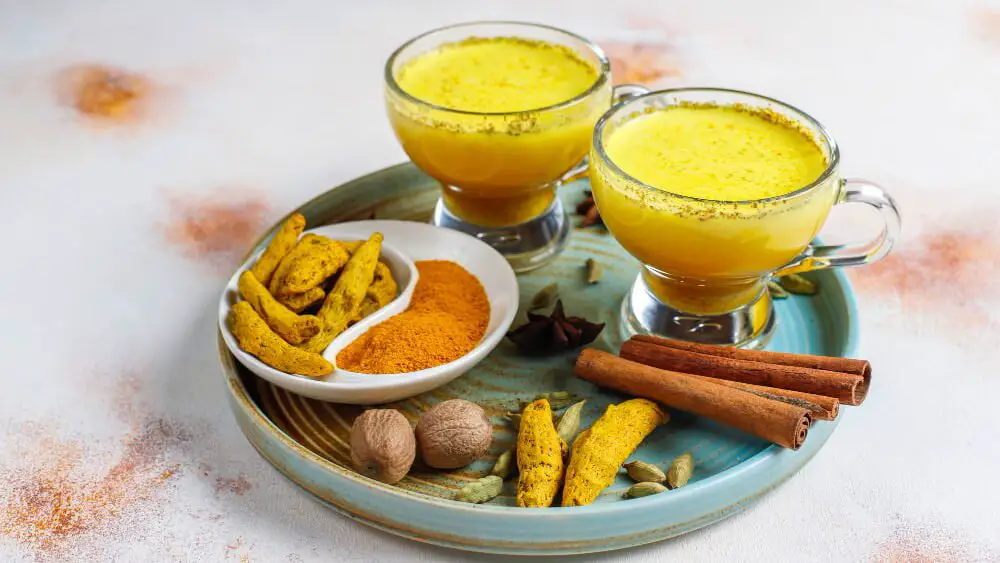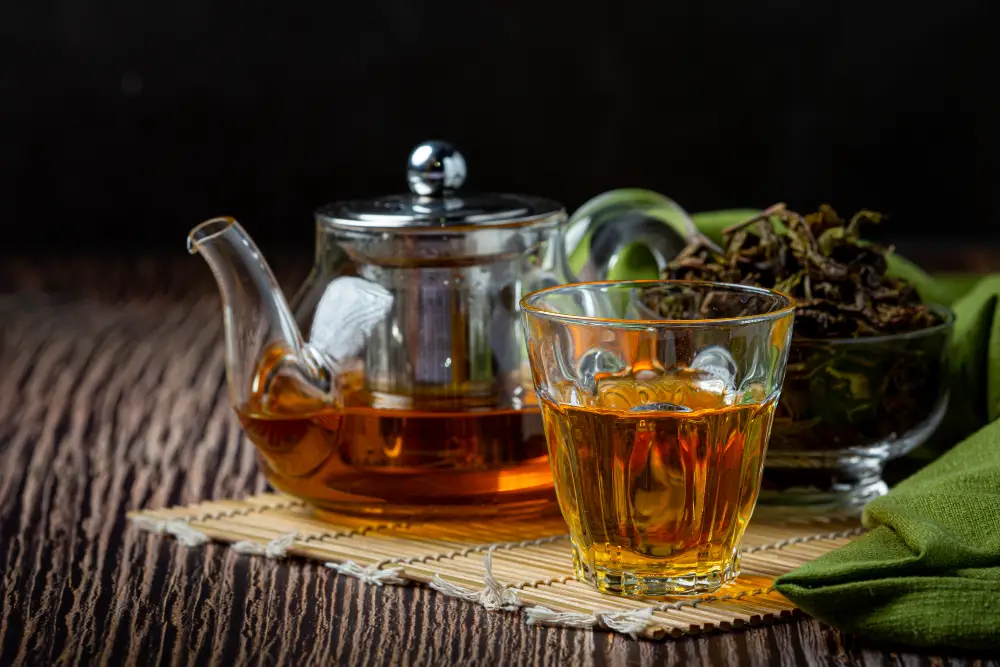As winter drew to a close, my family eagerly anticipated the arrival of spring, brimming with plans for exciting outdoor activities. However, as the enchanting season unfolded, adorning our surroundings with blossoms and gifting us with invigorating mornings, blissful afternoons basking in the sun, and gentle evening breezes, my husband faced a new challenge. Itchy eyes, congestion, and constant sneezing plagued him throughout the day. He was suffering from hay fever.
While over-the-counter medications and anti-allergy options were readily available, the thought of embarking on our delightful trip while relying on medication felt disheartening. Determined to find a natural remedy, I turned to the practices I had witnessed my mother employ to alleviate my brother’s hay fever. Given the prevalence of this common ailment, affecting one in five people worldwide, I ventured into the realm of natural remedies. Surprisingly, my husband’s condition dramatically improved within a week of trying these remedies. With great enthusiasm and a friendly demeanor, I now wish to share natural remedies for hayfever, discovered through a thorough exploration of available literature, with anyone seeking relief from hay fever without resorting to antihistamines or conventional medicines.
Before going into detail about the natural remedy for hay fever, it is essential to know the symptoms and the leading causes that trigger it.
So, What causes hay fever?


Hayfever, the most common cause of which is harmless particles like dust and pollen, occurs when our immune system responds to foreign substances in our body. This immune response is a normal reaction to protect against these particles. When we encounter such particles, our body produces histamines, which trigger inflammation in the nose and mouth. This inflammation produces excess mucus, resulting in sneezing and a congested or runny nose.
Now, you might wonder why some people experience allergies while others do not. This can be better understood through the “hygiene hypothesis.” According to this hypothesis, early childhood exposure to infectious agents, pollens, and molds reduces the likelihood of developing allergic diseases in adulthood. Children growing up in extremely clean environments and overly sterile households may not receive the necessary exposure to germs. These germs play a vital role in “training” the body’s immune system to react appropriately to allergens. When the immune system remains unfamiliar with these allergens, it tends to overreact when exposed to them later in life, resulting in hay fever symptoms.
Understanding the causes of hay fever and the factors contributing to its occurrence can guide us in seeking natural remedies to alleviate its symptoms effectively.
How to recognize hayfever
Distinguishing between this condition and viral cold infection is a breeze. While both can coincide with seasonal changes, hayfever specifically arises during the onset of spring. Unlike viral infections, it is not contagious and does not spread from person to person. One standout symptom of this is frequent sneezing, accompanied by watery eyes, nasal congestion, and itchiness in the throat, mouth, nose, and ears. So, if you find yourself sneezing amidst blossoming flowers and sunny days, it’s likely the presence of hay fever rather than a viral infection.
Natural remedies for hayfever
Allergic Rhinitis can be cured entirely through some natural remedies available easily and practiced effortlessly.
Neti pot Or nasal irrigation
Neti Pot is a practice done by many as a personal hygiene routine to wash or rinse the nasal cavity to flush out debris in the nose and excess mucus that blocks the sinuses. This natural remedy for hayfever is an ancient Ayurvedic technique known as “Jala neti”. A person suffering from hay fever can practice nasal irrigation with the help of a small container with a long spout filled with saline water to clear congestion. It should be done under proper guidance, and one can practice it after appropriate training.
Consuming local honey
Honey prepared by bees after hovering over thousands of flowers and collecting their nectar and some pollens can act in the same way a vaccine protects against disease. A smaller dose of pollens in honey sensitizes the immune system and helps strengthen the immune system against them so that the body does not overreact in the presence of a higher dose of those pollens. For the best result, one should consume local honey, which contains pollen grains from the local area. One should start consuming honey three months before the spring season.
Steam therapy With essential oils


This amazing technique works wonders by unclogging your nasal passage and providing immediate relief from irritations in that area. But wait, there’s more! Incorporating a delightful blend of essential oils such as peppermint, tea tree, lavender, and eucalyptus into your steamy concoction can take your steam therapy to a whole new level. These sensational oils not only soothe irritations but also help reduce excessive mucus formation, granting you the gift of easier breathing. Bursting with antihistamine properties, they effortlessly calm those bothersome symptoms, leaving you with a renewed sense of vitality. So, breathe freely and embrace a world of comfort with this natural remedy for hay fever.
Quercetin supplements
Quercetin is a plant flavonoid naturally found in many vegetables and fruits like onions, berries, apples, and grapes. It is the most plentiful dietary flavinoid and is found to reduce inflammation, blood sugar, blood pressure, and allergy symptoms. Quercetin is a very effective eosinophilic inflammation suppressor, and it works in the same way as antihistamines do. So its supplements can be used longer without side effects if the symptoms persist.
Butterbur supplements
Butterbur is an herbal supplement from the shrub (Petasites hybridus) that grows in northern Europe and Russia. It is used in stomach ulcers, migraine, anxiety, fever, and asthma treatments. It is beneficial in allergic rhinitis, As it acts as a Leukotriene(LT) inhibitor. Leukotriene is mainly responsible for the onset of allergic reactions in our body. It also exhibits antihistamine activity.
Including garlic in your diet


This remarkable ingredient, brimming with antihistamine properties, possesses the unparalleled ability to alleviate the discomfort of hay fever when consumed in moderate amounts daily. Adding it as a spice to your diet or eating two cloves on an empty stomach in the morning fortifies your immune system, a vital component for fending off allergies. With its arsenal of immune-boosting powers, garlic ensures that your body remains resilient and ready to tackle any allergic onslaught that comes its way. This natural remedy for hay fever can tame its symptoms, and your immune system stands strong, defending you against the perils of allergies.
Probiotics


The body’s immune system is directly related to our gut flora. Probiotics loaded with good bacteria help to improve gut flora. These magnificent sources of good bacteria are key to enhancing your body’s defenses to soaring heights. Imagine a symphony of microscopic warriors marching through your intestines, fortifying your immune system like never before. This, in turn, prepares the body to deal with allergens and seasonal changes. Foods like Yogurt, Sauerkraut, and kefir are rich in probiotics. With probiotics, prepare to unleash your body’s inner defense mechanism and embrace a life of wellness and vitality!
Sip herbal teas
Imagine a steaming cup of green tea brimming with antihistaminic properties, ready to whisk away your allergy symptoms with a magical touch. Green tea, like stinging nettle tea, can considerably reduce these symptoms. Chamomile tea, with its calming and anti-inflammatory properties, works well to reduce allergic symptoms. Peppermint tea helps minimize substantial congestion in the nasal and throat area, clearing the sinuses and thus reducing headache and fever-like symptoms. With this remedy, you can sip your way to the world of healthiness.
Applying coconut oil to nostrils
Gently applying coconut oil with the help of fingers in the lower part of the nostrils Is an excellent natural remedy for hayfever. This magical oil protects against airborne pollens and irritants, thus preventing their entrance to the nasal membrane. So, say goodbye to the inflammation and sensitization of the nasal membrane resulting in a sneezing fit after inhalation of pollens and irritants. It also moisturizes and soothes the lower and outer parts of the nose, which usually gets inflamed due to continuous rubbing with tissue paper or handkerchief. Embrace the power of coconut oil and let it bring you sweet relief from hay fever woes!
Turmeric milk


Turmeric, the golden spice, holds the secret to battling the onset of allergic rhinitis by reducing the release of histamines from mast cells. Curcumin, the active ingredient in turmeric, Is found to have antiseptic, anti-inflammatory, and antibacterial properties. Add one teaspoon of turmeric powder and a pinch of black pepper to a cup of boiling milk to harness its power. Stir well, enjoy it with honey or sugar, and watch your hay fever worries melt away! If you want to know some more incredible benefits of this herb, visit this post.
Vitamin C and vitamin D
Vitamin C and Vitamin D are absolute powerhouses when it comes to supercharging our immune system, working wonders against pesky autoimmune diseases like hay fever. And guess what? My amazing mother was well aware of this magical duo! She made it a point to spoil my brother with a generous supply of oranges and other delightful fruits bursting with Vitamin C goodness. But that’s not all! She also made sure he soaked up plenty of winter sun, allowing his body to soak in that valuable Vitamin D. It’s incredible how something as simple as these vitamins can work wonders for our health, and I’m forever grateful to my mom for her loving care and intelligent choices!
closing thoughts
It’s been discovered that those with allergic rhinitis may experience depression and anxiety. Conversely, mental stress and anxiety may worsen allergic reactions. Therefore, finding balance and happiness is crucial for hay fever sufferers as it can reduce both the frequency and intensity of allergies. Embracing a natural and holistic lifestyle can be beneficial for a stress-free life.
Hope you find this post useful!
If you want to read more of our content, please visit our blog
Featured Image by Drazen Zigic on Freepik
DISCLAIMER – The tips provided are for informational purposes only and do not constitute professional advice.




